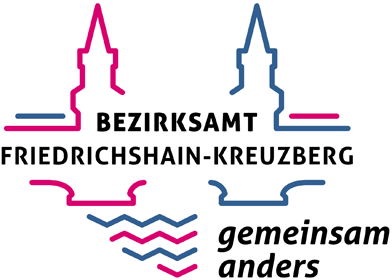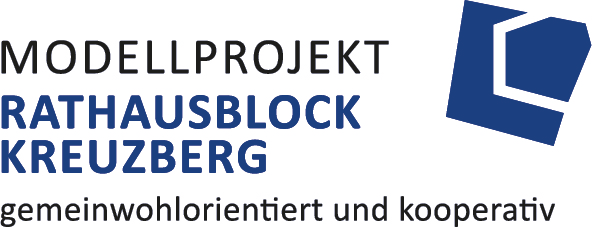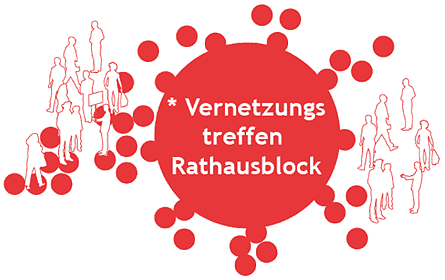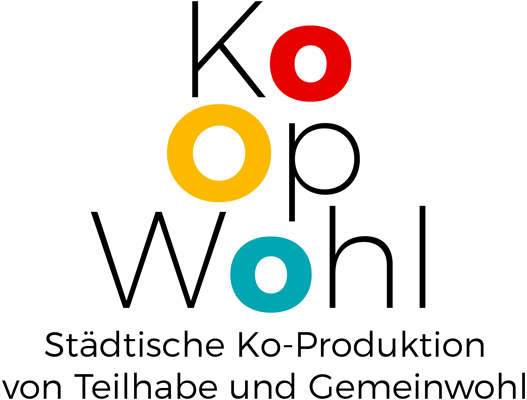Affordable, collaborative and democratic: the Rathausblock Model Project
In the middle of Berlin-Kreuzberg, a neighbourhood of housing, commerce and culture is being developed on almost five hectares with an unusually intense participation by the civil society. Initiatives active in civil society fought for the “Modellprojekt Rathausblock” (Rathausblock Model Project) by preventing the privatisation of the Dragonerareal property. In a process of cooperation, they are now formally on an equal footing with the political-administrative actors in making decisions regarding the design of the area – a central demand of civil society for political social rights. In addition, the civil society demands central to this negotiation process are material social rights such as long-term guarantee of affordable housing and space for local businesses, as well as cultural social rights in the project rooms oriented towards the common good, the establishment of community work in the neighbourhood or communal forms of living.
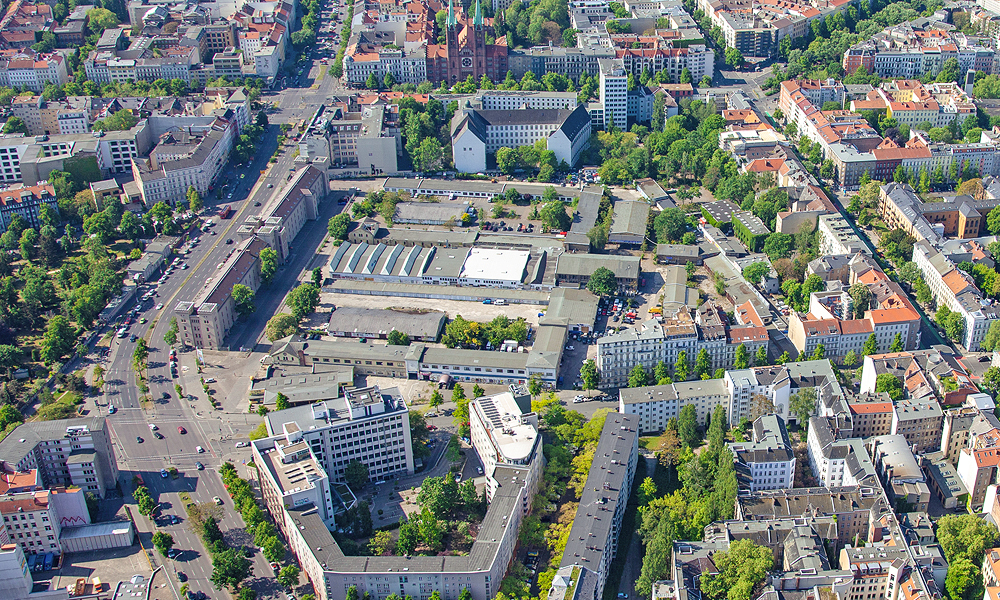
Housing is a basic human need. In Germany’s corporatist-conservative welfare regime, housing has less frequently been sheltered from the market than health care or education. Consequently, cyclically occurring exacerbations in the lack of housing and housing shortages have repeatedly provoked tenants’ protest movements throughout the history of the Federal Republic of Germany. Issues such as the privatisation of land and real estate, the financialisation of the housing market and neoliberal urban politics have produced an increased displacement pressure on local businesses and tenants in the lower and middle income classes over the past decades.
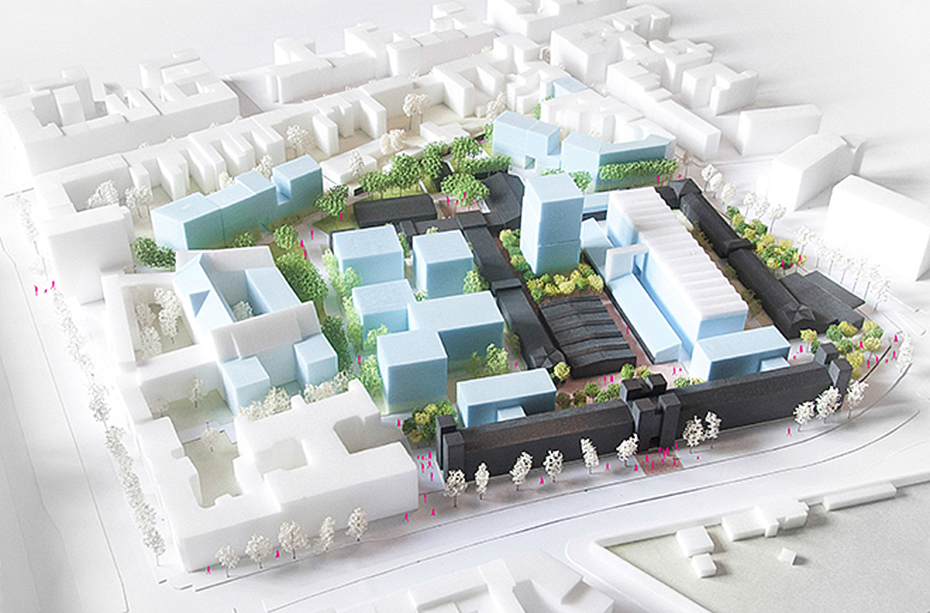
From the perspective of our research, three aspects of the process related to the Rathausblock are exemplary:
- The extension of a conventional participation process with a cooperation process that includes formal structures, in which civil society actors – alongside representatives from politics and administration – are equally represented on committees and provided with consensual decision-making structures.
- The civil society’s high level of effectiveness and its development of “concrete utopias,” through which it has already been possible to anchor some of its innovative models.
- The mutual aspiration of all cooperation partners to generate transferability of the results to other urban policy development processes.
In addition to the civil society – which consists of the Vernetzungstreffen Rathausblock and the Forum Rathausblock – the decision-making actors on the municipal side are the District of Friedrichshain-Kreuzberg, the Senate Department for Urban Development and Housing on the state level and the Berlin Immobilienmanagement GmbH as the fiduciary owner and the communal housing association of Wohnungsbaugesellschaft Mitte that will realise a majority of the flats.
The Vernetzungstreffen Rathausblock and the District Office of Friedrichshain-Kreuzberg (Department for Building, Planning and Facility Management) are the two practice partners in the “KoopWohl” project. In order to participate in the cooperation in a coordinated form, a portion of the initiatives that are active on the Dragonerareal joined together in 2018 to create the Rathausblock Vernetzungstreffen (VTR). The initiatives work with different topical focuses, which are oriented upon the mutual basic values of common good, self-governance and community.
During the privatisation phase, the District Office of Friedrichshain-Kreuzberg already consulted with the civil society representatives about alternative development possibilities. Since 2016, Florian Schmidt has been a City Councillor for Construction and involved in the formal cooperation process at the Department for Building, Planning and Facility Management. Florian Schmidt is well-known in Berlin and beyond for his housing policy that is directed towards the common good and promotion of communal, self-managed forms of housing.
Practice partners
